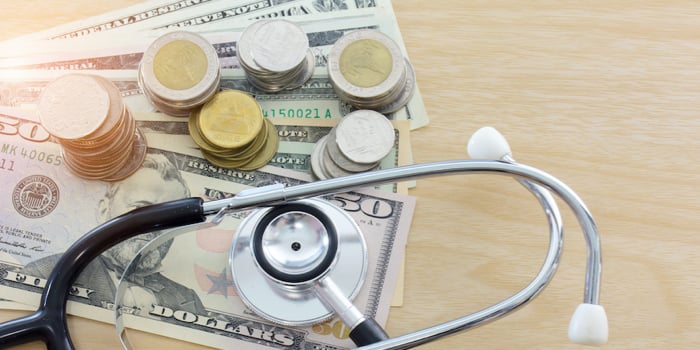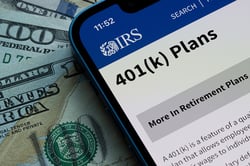It’s easy to get caught up in the craziness of everyday life, so summer is a great time to pause and reflect on what you’ve accomplished so far. We all have financial goals and aspirations, but the last few years during the pandemic have been rough ones. Nevertheless, the end of June marked the year’s halfway point.

This makes the start of the second half of the calendar year the perfect time to review your budgeting plan and make certain you’re headed where you can and want to go. Here are some steps you can take to stay or get back on track.
Review Your Budget
The first step is to review your current budget. Do you know precisely how much you are earning and spending right now? If not, it’s time to find out. Even if you made a comprehensive budget a few months ago, you may have found your income has changed since then. If expenses are exceeding your income, then it’s time to take a careful look at discretionary spending to figure out where to cut back. Perhaps you’re doing a bit better with your budget this year than expected. In that case, it’s important to determine if any extra money is serving your financial goals. It could be a good time to reevaluate how to best save or pay off your debts more quickly.
Review Your Goals and Cash Flow

Chances are your goals haven’t changed much, but now is a good time to review and make sure you are still on a good path to obtain those goals. It’s important to spend time reflecting on whether your goals are still in alignment and make some course corrections if needed.
After you’ve updated your budget, think about the rest of the year: beyond your regular budget, are there any upcoming expenses that you need to cover? Do you have cash set aside for those expenses, or do you know where the money will come from? This is especially important for retirees, who likely have expenses that are greater than their regular income, but it applies to working folks, as well.
Be Mindful of Debt
Though these are difficult times, with inflation and the rise in the cost of groceries, gas, etc. It’s critical to not fall behind on programs set up to get you out of debt. Paying off unsecured debt is an important priority. If your financial picture has changed, it’s important that you take steps to ensure that you are able to meet commitments and stay the course with your goals. If you do find yourself with extra money at this time, it may be worth paying extra into your debt relief program. You may also have secured debt, such as a home mortgage or car loan. These require regular payments, but there is no need to attempt to pay it off earlier, especially if you are working on your unsecured debt.
Unanticipated Expenses

Once you’ve made sure your current expenses are properly budgeted for, a great place to put extra money is into a savings account. This allows you to be prepared for sudden hardships, which are a part of life and have certainly been a big part of 2020. Putting a little bit away today, can make a big difference in dealing with the unexpected expenses of tomorrow.
Take advantage of Tax-Saving Opportunities

When you plan ahead with your money, you can take advantage of many tax-saving opportunities, including:
- Retirement Accounts: The maximum contributions that you can make to a tax-saving retirement account goes up regularly. Are you up to date and contributing the maximum to your accounts? If you are not maxing out your retirement contributions, can you change your budget to allocate more money to this tax-saving plan?
- Health Savings Account (HSA): For those with high-deductible insurance, contributing to an HSA can be a great way to save money on medical expenses.






